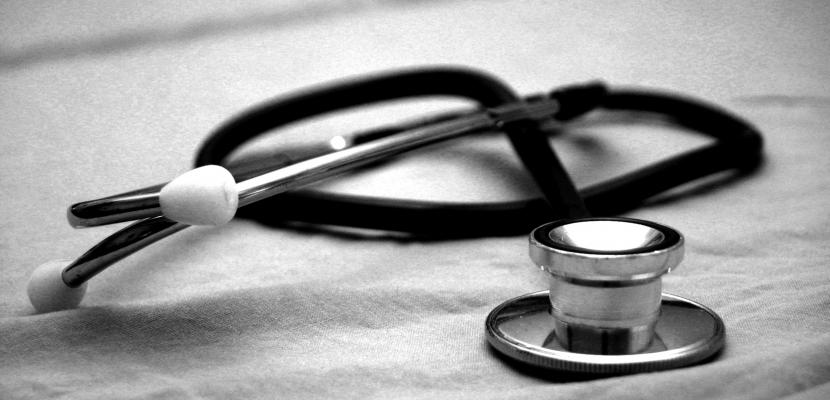Image

TeleRehabilitation
Published on 12 October 2018

Cyprus
Kýpros
This is the good practice's implementation level. It can be national, regional or local.
About this good practice
Many of the patients hospitalized in Intensive Care Units (ICU) return home suffering from reduced functional capacity, exercise tolerance, health related quality of life and social function. Although the evidence demonstrates a clear need for rehabilitation for those patients, it seems that is not often possible for them to join rehabilitation multidisciplinary supported programs. The main reasons are the absence of such programs provided by the public or private health sector, the high cost of participation and mobility problems due to the medical condition of the patient, the community location or the traveling overheads.
The Tele-Rehabilitation programme is an innovative home-based rehabilitation service for patients suffering from cardio-respiratory problems provided by the Nicosia General Hospital. It aims to support patients discharged from the intensive care unit (ICU) during their rehabilitation by using telemedicine tools and tailoring activity according to their morbidity profile. This service improves accessibility to health care services, increases adherence to the rehabilitation programme, reduces costs and it enables a more efficient provision of high quality telemedicine services.
The tool is managed by the Nicosia General Hospital with the support and the engagement of different NGOs, research actors and universities.
The Tele-Rehabilitation programme is an innovative home-based rehabilitation service for patients suffering from cardio-respiratory problems provided by the Nicosia General Hospital. It aims to support patients discharged from the intensive care unit (ICU) during their rehabilitation by using telemedicine tools and tailoring activity according to their morbidity profile. This service improves accessibility to health care services, increases adherence to the rehabilitation programme, reduces costs and it enables a more efficient provision of high quality telemedicine services.
The tool is managed by the Nicosia General Hospital with the support and the engagement of different NGOs, research actors and universities.
Resources needed
Costs for technical equipment (including video-communication system, wearable sensors, IT infrastructure, central and patient stations, web applications, exercise equipment): 600,000 Euros
Expenditure for human resources (clinical, IT and home care staff): 150.000 Euros
Expenditure for human resources (clinical, IT and home care staff): 150.000 Euros
Evidence of success
In 5 years 122 full users and 200 follow-ups benefited from the system.
External Evaluation conducted showed that the net present value (NPV) is 30.000 euros per year and the internal rate of return (IRR) 11.8%.
External Evaluation conducted showed that the net present value (NPV) is 30.000 euros per year and the internal rate of return (IRR) 11.8%.
Potential for learning or transfer
Easy to transfer and adapt for rehabilitation, monitoring and training required for other (chronic) health problems and diseases. No specific or specialized conditions are required. In terms of innovation, the tool fills a gap in the provision and continuity of out-of-hospital services. The programme would be interesting for other areas/countries where rehabilitation services are underdeveloped or not easily accessible as in remote areas. Tele-Rehabilitation programme would be interesting for other regions/countries where rehabilitation services are underdeveloped or not easily accessible as in remote areas, hence it would be a useful tool to be adopted and adapted by many public or local authorities.
Further information
Website
Good practice owner
You can contact the good practice owner below for more detailed information.
Organisation
Ministry of Health

Cyprus
Kýpros
Contact
Managing Director
